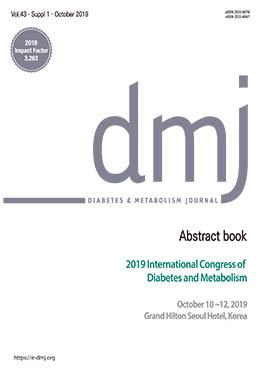Mountains of evidence demonstrate type 2 diabetes mellitus (T2DM) and heart failure (HF) are interdependent. The data from the ASIAN-HF registry reconfirm the impact of diabetes in HF. Hyperglycemia is a risk of developing HF even within the pre-diabetic range of blood glucose and various mechanisms of diabetic cardiomyopathy were identified. Insulin resistance are thought to be responsible for the atherogenic change of lipoprotein and dyslipidemia is an established risk factor of cardiovascular disease (CVD) in people with T2DM. Specifically, low-density lipoprotein (LDL) cholesterol is susceptible to oxidation during chronic hyperglycemia, which triggers the release of proinflammatory cytokines from macrophages. Oxidized LDL cholesterol also promotes arterial intimal thickening that reduces blood flow to the heart. We hypothesized that plasma LDL cholesterol may influence left ventricular function in individuals with T2DM with multiple CVD risk factors but not established heart failure and conducted a cross-sectional study including 118 participants. Participants received blood sampling for plasma lipids after a 12-h fast, followed by transthoracic echocardiography in the cardiology clinic. Our study observed an inverse correlation between plasma LDL cholesterol and heart function in individuals with T2DM. Patients with higher levels of plasma LDL cholesterol had worse left ventricular function. Therefore, plasma LDL cholesterol may be a modifiable risk factor of heart failure in diabetes, but prospective studies are necessary to confirm this finding.




